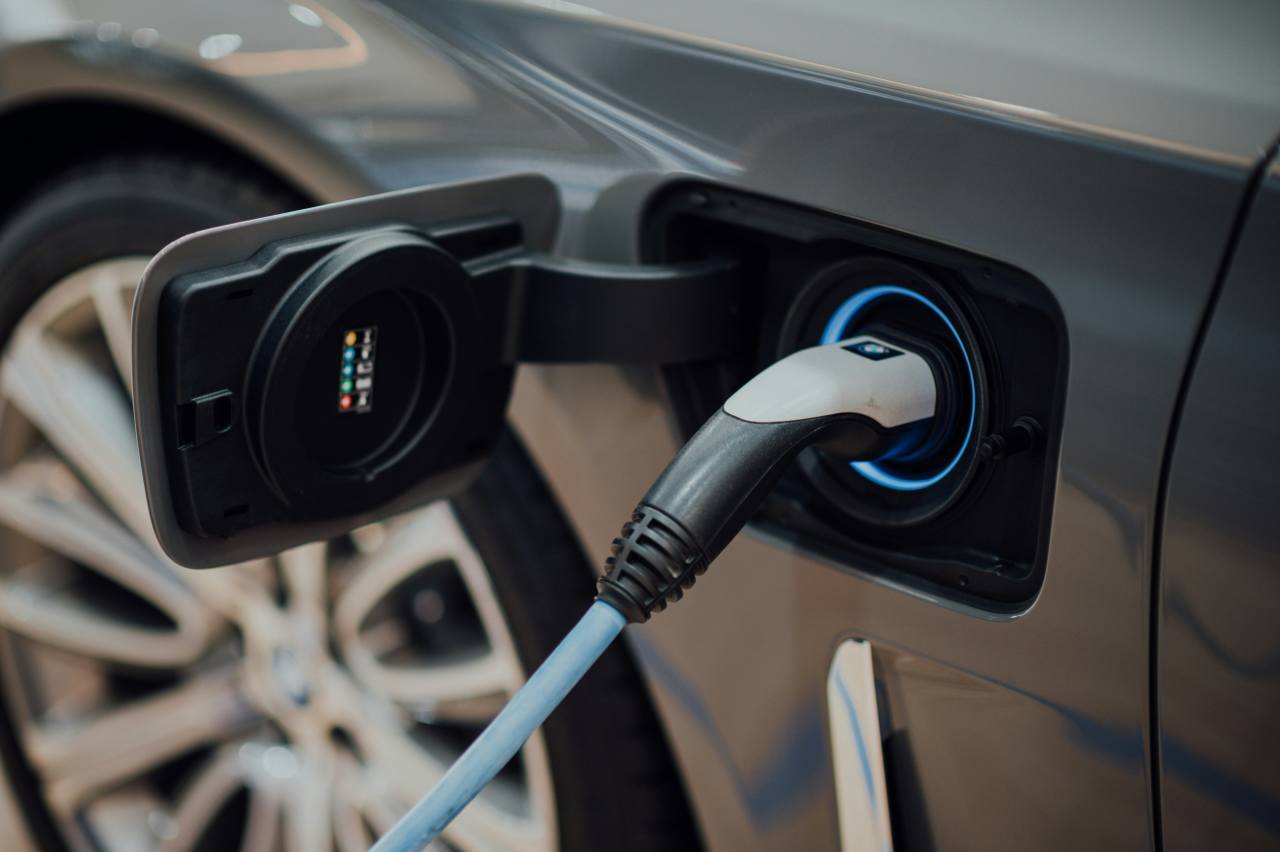WANT to change the world? Start now! These are the words on the side of my car, and that is what I have been trying to do for the past 30 years of my life. Now I have a real chance – by driving a second-generation Prius hybrid petrol-electric vehicle.
Having been a proud and satisfied owner for the past two years of a first generation Prius, I was eagerly awaiting the snazzy-looking, laid back, hybrid synergy drive (whatever that may mean) miracle car.
Well, that took place at the Investigator Science and Technology Centre a few weeks ago – and the new Prius is absolutely great.
The centre is planning a new Sustainable Energy Workshop project for schools in early 2005 – and if ever there is a car that uses energy sustainably it is the new Prius.
Whereas the first generation Prius used 4.7 (up to 5) litres per 100 kilometres and produced 80 per cent less emissions than standard cars, the second generation Prius uses four litres (occasionally up to 4.5 L/100km) and emits 90 per cent less emissions.
With the price of crude oil reaching for the stars and three-figure prices featuring at most petrol stations, such consumption is indeed a miracle.
Hybrid petrol-electric vehicles emit virtually no greenhouse gases, and their efficiency and ecological sustainability are very good.
This second generation Prius is in its own way helping to fix the world.
It's a great medium-sized car to drive – smooth, quiet, responsive, and it will go to Port Vincent on Yorke Peninsula at a comfortable 110 km/h.
When I stop at the traffic lights the petrol engine turns off, thus saving fuel, but the electric motor is still connected so that when the lights go green I put my foot on the accelerator and off we go (initially on electric power only).
When I slow down the energy that is produced is converted into electricity and stored in the battery.
The battery does not have to be plugged into mains electricity.
All its power comes from the car slowing down or coasting, as well as occasionally being topped up via the petrol engine.
If I speed up to 60 km/h and then slightly decelerate, the electric motor switches in for quite a while, thus saving considerable amounts of fuel. I try to drive on the electric motor as much as I can.
To say the least, I am indeed very happy with my Prius.
Dr Barbara Hardy is a conservationist who founded the Investigator Science and Technology Centre.
Toyota Prius 2004: Hybrid
| Engine Type | Inline 4, 1.5L |
|---|---|
| Fuel Type | Unleaded Petrol/Electric |
| Fuel Efficiency | 4.4L/100km (combined) |
| Seating | 5 |
| Price From | $2,310 - $3,630 |
Range and Specs
| Vehicle | Specs | Price* |
|---|---|---|
| Hybrid | 1.5L, Unleaded Petrol/Electric, SPEED CONTINUOUS VARIABLE | $2,310 - $3,630 |
| i-Tech Hybrid | 1.5L, Unleaded Petrol/Electric, SPEED CONTINUOUS VARIABLE | $2,860 - $4,510 |















































.jpg)
.jpg)
